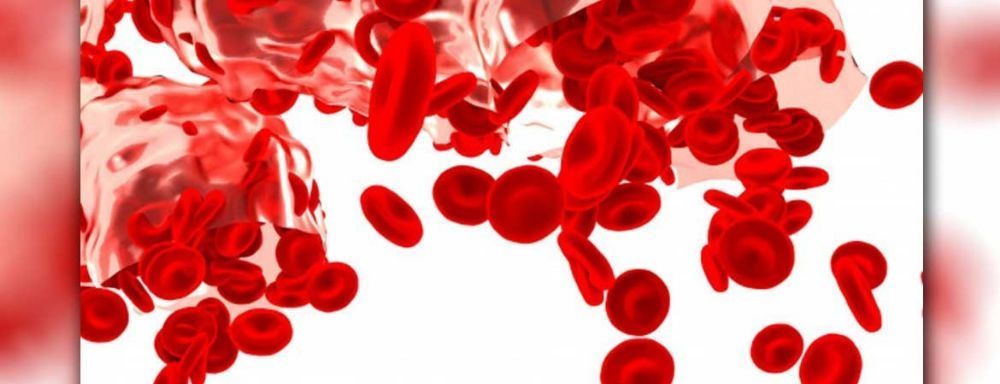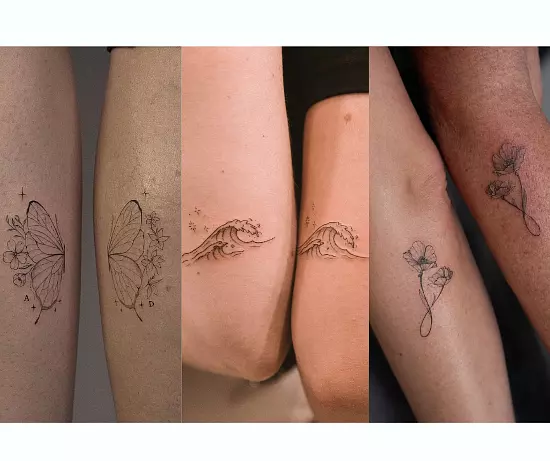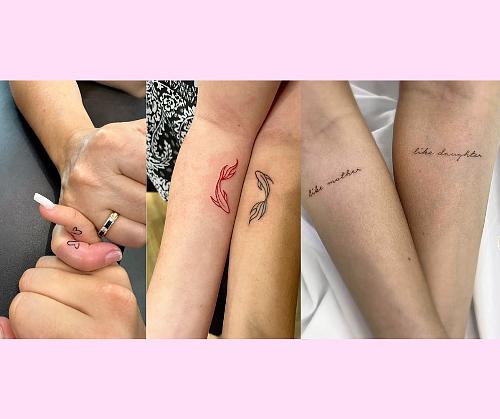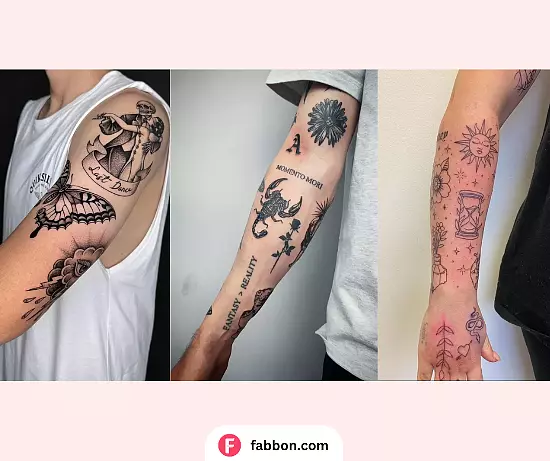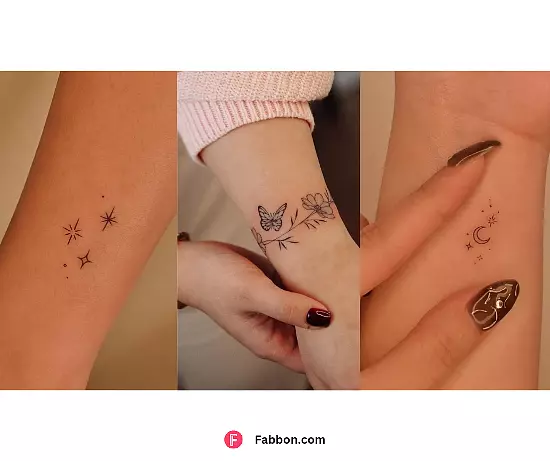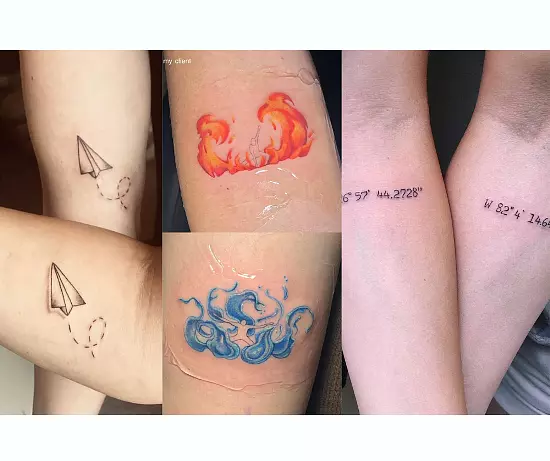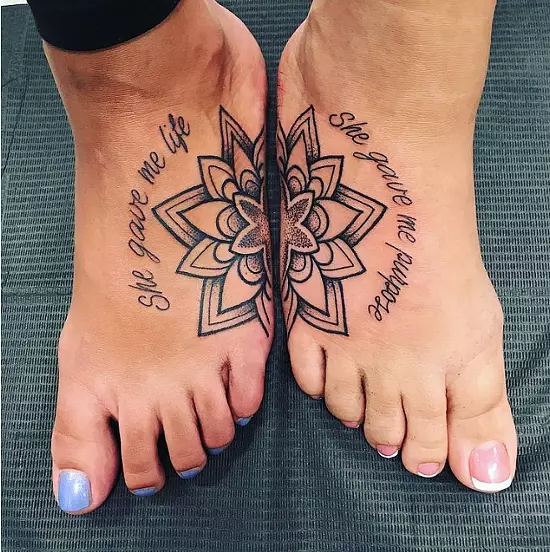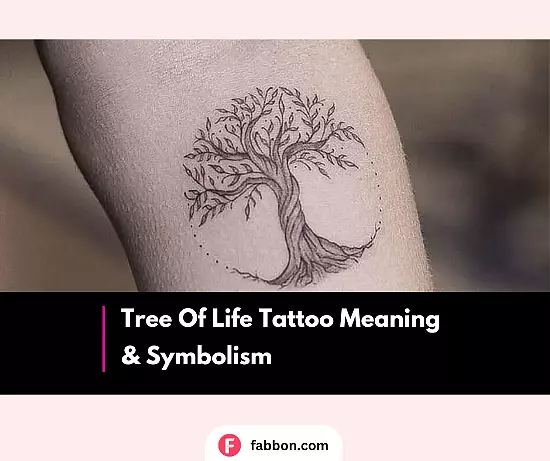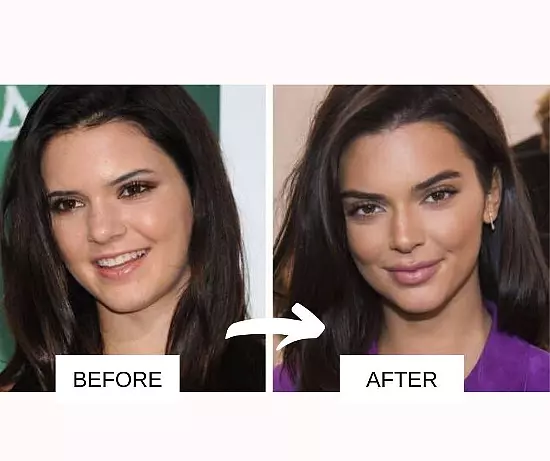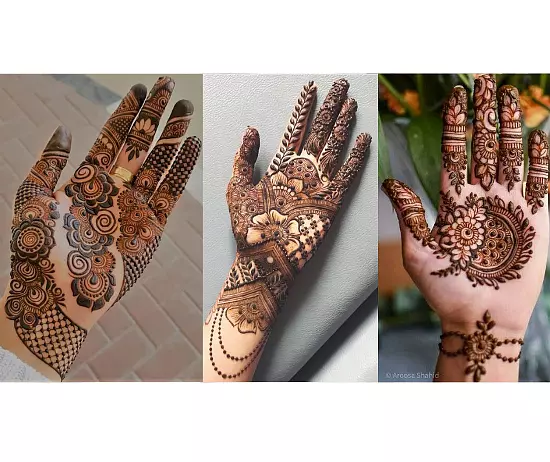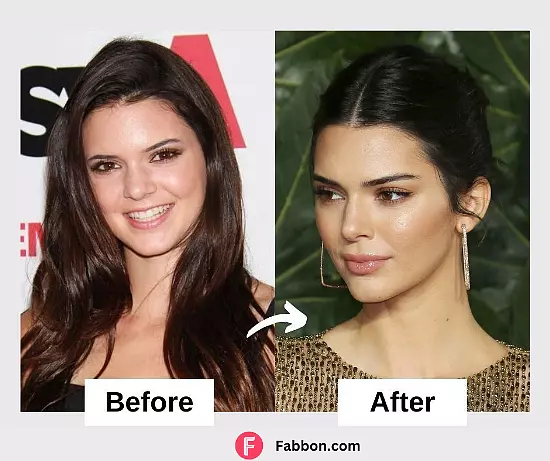Know More About Anemia
Himanshi Jain
Anemia affects one-fourth of the world’s population, and iron deficiency is the predominant cause. Anemia is associated with chronic fatigue, impaired cognitive function, and diminished well-being. Iron deficiency anemia is also called as “microcytic hypochromic anemia”. In this condition, the red blood cells are small sized and they contain less
Symptoms of iron deficiency anemia:
v Feeling tired and weak.
v Shortness of breath.
v Pale skin.
v Difficulty in maintaining body temperature.
v Decreased work and school performance.
v Tongue swelling or soreness.
v Rapid heart rate.
v Changed in stool color.
v Low blood pressure.
v Decreased immune function, which increases susceptibility to infection.
Causes of iron deficiency: Iron deficiency may occur due to:
v Excessive loss as in chronic
v Dietary deficiency.
v Increased demand as in puberty and pregnancy.
v Defective absorption as in chronic
v Internal bleeding.
Iron requirement: The daily iron requirements are as follows:
v 5 to 10 mg. for a normal male adult.
v 10 to 15 mg. for women till menopausal age.
v 15 to 20 mg. for women during pregnancy and lactation.
Category
Recommended Dietary Allowance (RDA)
CHILDREN
7-12 months
11 mg/day
1-3 years
7 mg/day
4-8 years
10 mg/day
9-13 years
8 mg/day
FEMALES
14-18 years
15 mg/day
19-50 years
18 mg/day
51 years and over
8 mg/day
Pregnant
27 mg/day
Breastfeeding
Under 19 years: 10 mg/day
19 years and over: 9 mg/day
MALES
14-18 years
11 mg/day
19 years and up
8 mg/day
Remedies for Anemia:
• Increase the intake of vitamin c. The adequate dose of vitamin C can help you strengthen from within, as well as it also helps in the absorption of iron.
• Beetroot or pomegranate juice acts as great blood builders and also blood purifiers. Pomegranates are rich in iron and also other minerals like copper and potassium.
• Eating sesame seeds is another great way to increase your intake of iron, especially black sesame seeds.
• Raisins and dates offer a combination of iron and vitamin C. This enables the body to absorb iron fast and effectively. It also boosts your energy level.
• Folic acid (B-9) and cobalamin (B-12) can both help to reverse or prevent an iron-deficiency.
• Dried kiwi is also a good source of iron. And highly recommended by the doctors.
• Spinach juice has a very high content of essential nutrients. This helps in the creation of RBCs or red blood cells in your body.
Source: Pharmacyonnet

